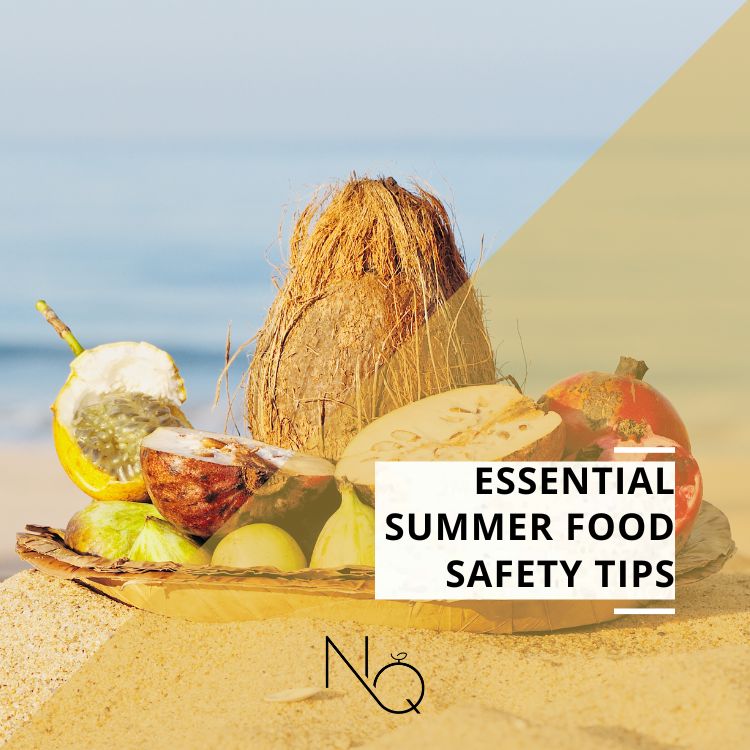Summer is a season filled with outdoor activities and delightful food. As the temperature rises, it becomes crucial to prioritize food safety to prevent foodborne illnesses. Whether you're hosting a backyard barbecue, planning a beach picnic, or simply enjoying meals outdoors, understanding basic food safety precautions is essential. In this article, we will explore key points that contribute to food hygiene and safety during the summer, ensuring that your meals are both delicious and safe.
Cleanliness and Hygiene
Maintaining cleanliness and good hygiene is the foundation of food safety. Before handling any food, remember to wash your hands with warm, soapy water for at least 20 seconds. This step helps prevent the transfer of harmful germs. Additionally, ensure that all utensils, cutting boards, and surfaces are thoroughly cleaned and disinfected before use. If you find yourself without access to a sink, carrying a bottle of water can help you maintain cleanliness. Running water is preferable to hand sanitizers and wipes, as it effectively removes more germs and chemicals.
Proper Food Storage
Proper food storage is vital to prevent the growth of harmful microbes and maintain freshness. When heading to the beach or planning a picnic, use coolers with ice packs or frozen gels to keep perishable items, such as meat, poultry, dairy products, and salads, at a safe temperature below 4°C. Remember to keep the cooler in the shade and limit the time that food spends in the "danger zone" between 4°C and 60°C, where bacteria can multiply rapidly. To prevent cross-contamination, store raw and cooked foods separately.
Safe Grilling Practices
Grilling is a popular summer activity, but it's crucial to follow safe practices to prevent foodborne illnesses. Preheat the grill and ensure that the food is cooked thoroughly to eliminate any harmful bacteria. Use a food thermometer to confirm that meat, poultry, and fish reach the appropriate internal temperatures, such as 74°C for poultry, 71°C for minced meat, and 63°C for whole cuts of meat and fish. Avoid placing cooked food on the same plate that held raw meat, and marinate food in the refrigerator rather than at room temperature to prevent the growth of pathogens.
Beach Picnic Preparations
Picnics on the beach are a delightful way to enjoy the outdoors, but they require special attention to food safety. Refrigerate perishable foods with ice or gel packs and consume them within two hours (or one hour if the temperature exceeds 32°C) to minimize the risk of bacterial growth. Remember to keep cold foods cold and hot foods hot to maintain their respective safe temperatures. Opt for non-perishable foods such as fruits, vegetables, nuts, cereal bars with nuts, and canned goods, which are less susceptible to deterioration in high temperatures. Avoid bringing perishable foods like meat, yogurt, milk, fish, cheese, and eggs.




